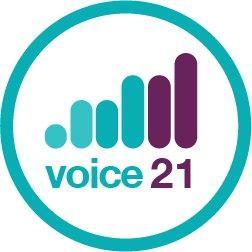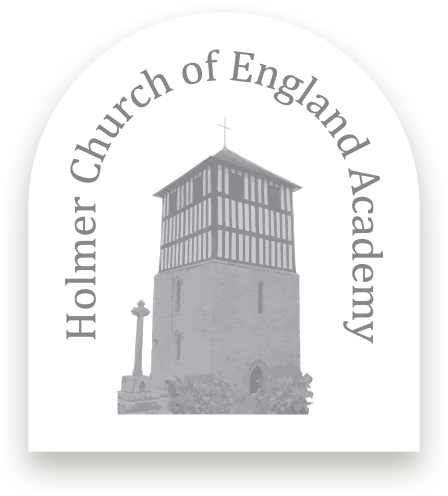Voice 21
What do our pupils think of Oracy?

Voice 21... what's that?
Voice 21 is a national oracy education charity who aim to transform the learning and life chances of young people through talk so that all children can use their voice for success in school and in life. In May 2025, Holmer were officially recognised as a Voice 21 Centre of Excellence, recognising its work developing students’ speaking, listening and communication skills. Dr Kate Paradine, CEO ofVoice 21, says: “The Voice 21 Oracy Centre of Excellence award certifies and celebrates schools who are changing the face of education. Holmer C of E Academy has demonstrated the quality of oracy education being provided across five areas of school life; their school’s vision, culture, curriculum, learning and impact on students. This whole school approach is at the heart of what it means to offer high-quality oracy education which will enable every child to use their voice to thrive in school, work and life.”
Oracy, like reading, writing and arithmetic, is a foundational skill that ensures students thrive at school and in life. As a Voice 21 Oracy Centre of Excellence, we will now act as a beacon of good practice for oracy across the school system.
What is oracy and why is it important?
We believe that oracy is a powerful tool for learning; by teaching pupils to become more effective speakers and listeners, we empower them to better understand themselves, each other and the world around them. It is also a route to social mobility, empowering all pupils to find their voice to succeed in school and life. Through a high quality oracy education, students learn through talk and to talk. This is when they develop and deepen their subject knowledge and understanding through talk in the classroom, which has been planned, designed, modelled, scaffolded and structured, to enable them to learn the skills needed to talk effectively.
What does the project involve?
Three members of staff (Mrs. Keating – Deputy Head, Miss Hebron– Year 5 Teacher and Miss Pollard- Year 2 Teacher) are acting as our ‘Oracy Champions’ and they will be attending training on an ongoing basis. This will then be shared with other members of staff so that the strategies can be implemented across the school.
Some of the work which has been completed in classes so far includes:
- All classes will agree their 'Discussion Guidelines' which set out how everyone in the class (including the adults) will work together to ensure that everyone has a voice and that their contributions are valued.
- We have introduced the 'Oracy Frameworks' so that children in each key stage know what oracy skills they are working towards. (See link below)
- Children are encouraged to use 'Talk Tactics' to support them in developing their oracy skills across the curriculum. This is further supported by the use of sentence stems and key vocabulary in lessons.
KS1 and KS2 Talk Tactics - (see link below)
- In addition to ensuring the Voice 21 is part of everyday lessons, our Book Week this year will have the theme 'Valuing Every Voice' in order to give children further opportunities to develop their oracy skills and to prepare and deliver presentations for different audiences.
What can parents and carers do to support children to develop their oracy skills at home?
- Talk to your child! This can be about anything at all such as how their day was at school.
- In an age of mobile phones, computers and tablets, opportunities for parents/carers and children to talk to each other can be easily lost. Make a special time each day where any electronic devices are put away and the focus is on conversation instead. This could be on the walk to or from school or during meal times.
- Ask your child questions about what they say and encourage them to ask you questions too!
- Having regular conversations with your child in your home language is also very valuable in terms of developing your child’s oracy skills so please do not worry if your first language is not English.
